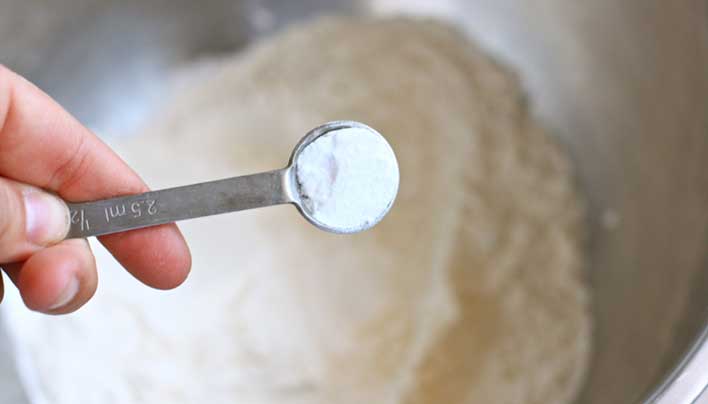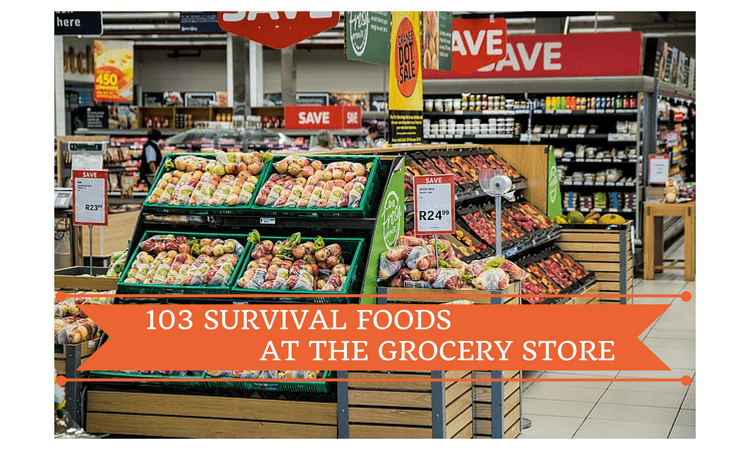
It is commonly known that what a pregnant mother eats can impact her growing baby. What we don’t often consider is the nutrition the expectant mother had as a child–and what her parents and grandparents ate before her. Do these foods impact the health of her unborn child? What about that child’s future children? If Dr. Francis Pottenger’s Cat study applies to humans, then yes, what the generations before us ate matters when considering the health of our children and grandchildren.
Francis Pottenger
When I first heard about Pottenger’s Cats, honestly, I wasn’t all that interested. I care about nutrition and studies in nutrition, I just don’t care about cats that much. I’m not sure when that started, as I used to have my very own Himalayan mix cat named Twyla when I was in high school. Maybe it was when my mother-in-law decided to raise and breed Norwegian Forest Cats and added a “cattery” onto her home. She loved her cats…and they smelled. When I think about Dr. Pottenger’s study of 900 (!) cats, I can’t help but remember that smell. Regardless of the smell, the study he did with cats is quite fascinating–and I think you will agree.

Get this book now and learn such facts as: The Antioxidant 550 times stronger than vitamin E and 6,000 x More Powerful Than vitamin C. Get your printed copy here
Dr. Pottenger’s study came about quite by accident, as he was originally studying the cats to learn more about Tuberculosis sufferers. He had his cats on a cooked meat diet, and when he was given so many cats that he couldn’t keep them all fed, he got raw meat scraps from a local butcher. He noticed improved health, decreased mortality, and shinier coats in the cats that were fed raw meat.
The cats were then divided into groups. Each group was given the same base diet for ⅓ of their total consumption. This base diet included raw meat, viscera, bones, raw milk and cod liver oil. The other ⅔ of the cats’ diet depended on which group they were in. The six different groups were fed either: raw meat, cooked meat, raw milk, pasteurized milk, evaporated milk or sweetened condensed milk. Dr. Pottenger followed these cats for over 10 years and observed multiple generations.
The second and third generations suffered the most…
The first generation fed on these diets had some differences, but the greatest differences were seen in the second generation and third generations. Dr. Pottenger saw differences in the cats’ skulls, size, coats, tendency towards asthma, gingivitis, ocular issues, etc. The cats who were fed evaporated milk had “chronic passive congestion of the liver” and “gaseous distention of the small intestine.” The cats who were in the worst state were fed sweetened, condensed milk. These days, this diet might seem like torture to feed a cat–and yet, consider the corn syrup-laden foods that are fed to children every day in America. These cats had enlarged spleens, no intestinal tone, engorgement of the uterus, extremely poor quality fur, etc. I think it is interesting to note that Dr. Pottenger observed social changes in the cats as well. How many kids do we know who are hyperactive or who don’t seem to understand social cues? Diet plays such an immense role in these kids’ lives.
Infertility….from poor nutrition?
The most depressing part of all of this, to me, is that the third generation of the cats who were fed poor quality diets could not reproduce and repeatedly birthed stillborn babies. I personally know too many women who have faced infertility and the immense tragedy of giving birth to a stillborn baby. I had my babies too early (one at 26 weeks), and wish I had understood these things so much earlier. If Dr. Pottenger’s work with cats applies to humans, and I believe it does, our nutrition, and the nutrition of our parents and grandparents, plays such a significant role in our health, the health of our children, and our ability to even have healthy children.
Reversing the damage…
The good news about Pottenger’s study is that he was able to restore health in the cats by feeding them proper nutrition. For the cats, this meant that the majority of their diet was from raw meat or milk. Humans are not identical to cats, and I am not proposing that humans take up a carnivorous raw meat diet. I think it is important that as humans, we eat optimally, and include plenty of grass-fed, pastured meat and dairy in our diet, a healthy amount of saturated fat, and carbohydrates from colorful vegetables. It took 4 generations to completely reverse the effects of poor nutrition in Pottenger’s cats! We can read this and give up, because it feels hopeless. OR, we can determine to change things for our progeny today, by eating proper nutrition and training our children to do the same. This is what I intend to do with the information from Pottenger’s cat study. Overall, despite the cat smell I remembered as I learned about Dr. Pottenger and his 900 felines, I learned a lot, and I intend to make changes in my life based on his studies and to encourage others to do the same.
Does it matter anymore, if you’ve already had children?
You might be wondering if it really matters anymore, if you are past child-bearing age? Who cares what you eat now, right? You won’t be producing any more children or grandchildren. I considered this argument, because I am 40 years old and I’ve already had my children. Here’s what I decided: my kids watch what I eat. My grandchildren, someday, will watch what I eat. Our food, our recipes, they become a part of who we are as a family. Food makes up the family culture in so many ways. What are our holiday traditions? What do we pack when we’re eating on the road? What smells are coming out of our kitchen & will remind them of home when they are older? Even though I will not have any more children (in my womb, anyways–maybe through adoption!), my choices today still impact future generations by the examples I set.
Dear older people who say that this “gluten free” thing and all of the food allergies are “Just a Fad”
I get where you’re coming from. People in your generation didn’t have these issues, so you can’t even comprehend why my generation needs to avoid gluten & many other foods. Much like Pottenger’s cats did not have many issues in the first generation, you did not suffer from the refined flours and sugars and packaged foods you ate. However, the second and third generation, fed the same junky diets, suffered immense health consequences. We are those second and third generations of what you ate–and we followed in your footsteps. We ate the packaged food, the junk food, and oh-so-much sugar compared to the generations before you. Just like you did. This–these food allergies–the gluten intolerance–they’re real, and they’re because of these generational choices. (And increased environmental toxins, but let’s not get into that right now). Please be kind to younger people, and do not call eating gluten-free “a fad.” It is insulting and rude to call it a fad. These younger generations are plagued with so many more health issues than you or your peers probably faced, and all they (we) are trying to do is learn how to live a healthy, optimal life. Can you join us, encourage us, and recognize where our health issues came from?
How will this knowledge change you & the way you choose to eat?
Other self-sufficiency and preparedness solutions recommended for you:
The Lost Ways (The vital self-sufficiency lessons our great grand-fathers left us)
Survival MD (Knowledge to survive any medical crisis situation)
Backyard Liberty (Liberal’s hidden agenda: more than just your guns…)
Alive After the Fall (Build yourself the only unlimited water source you’ll ever need)
The Lost ways II (4 Important Forgotten Skills used by our Ancestors that can help you in any crisis)
The Patriot Privacy Kit (Secure your privacy in just 10 simple steps)




















